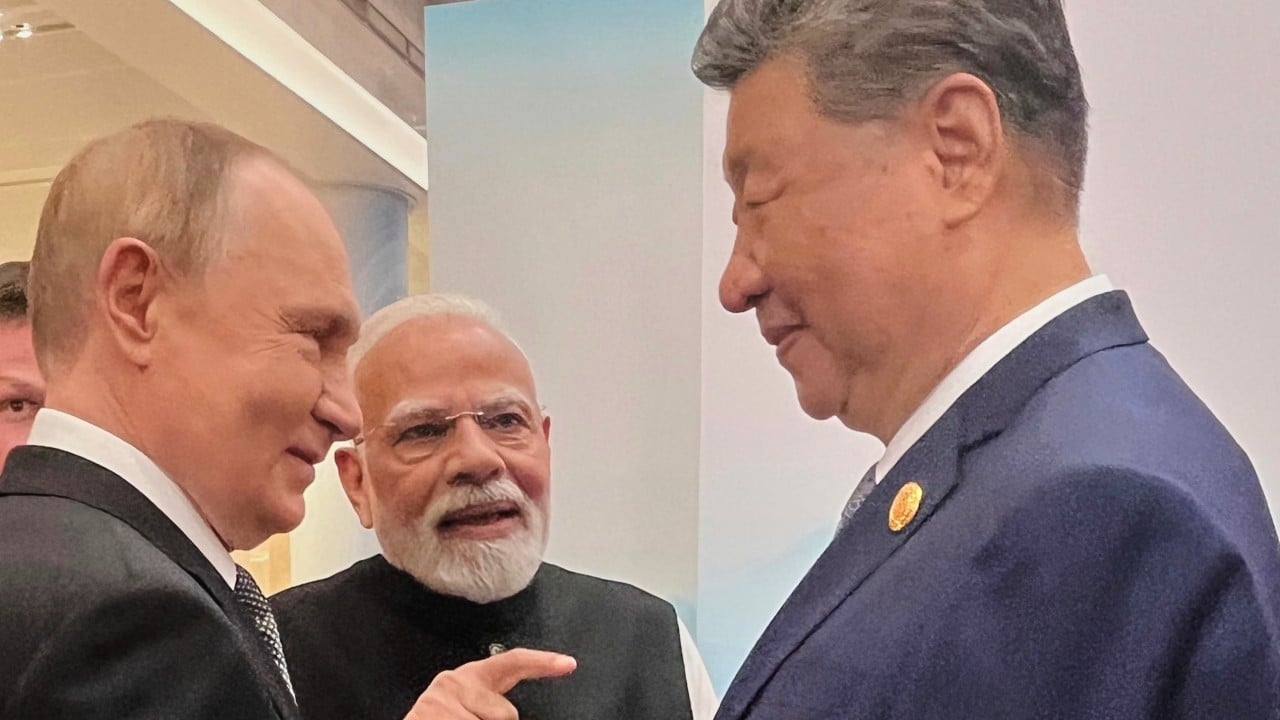The two-day Shanghai Cooperation Organisation (SCO) summit that concluded in Tianjin on September 1 was a significant diplomatic triumph for President Xi Jinping and Beijing. The forum sought to burnish China’s geopolitical profile as a reliable interlocutor and an alternative voice for stability in global governance.
Advertisement
SCO summits tend to be low-key and do not garner much notice. This time, though, China used the opportunity to signal it had arrived at the global high table at a time when US credibility and reliability are in tatters thanks to the mercurial and petulant US President Donald Trump disrupting long-established international policy and diplomatic norms.
The China-led, 10-member SCO is a relatively modest Eurasian institution. It was founded in 2001 with Tajikistan, Kazakhstan, Kyrgyzstan and Uzbekistan joining China and Russia. It later inducted India, Pakistan, Iran and Belarus.
The organisation prioritises combating terrorism, extremism, separatism and transnational crimes such as drug trafficking. On the economic front, it seeks to integrate China’s Belt and Road Initiative and Russia’s Eurasian Economic Union.
One image from Tianjin conveyed a powerful message to the world, and the White House in particular. Xi was captured in a moment of cheerful banter with two special guests, Russian President Vladimir Putin and Indian Prime Minister Narendra Modi.
Advertisement
Such bonhomie between the dragon, bear and elephant was unexpected. India and China have had a testy relationship since the Galwan Valley clash in 2020, and Xi and Modi have not had a substantial meeting for seven years. The fact that both India and Russia are targets of Trump’s ire over their energy relationship and Washington’s inability to compel Moscow to accept a peace accord in Ukraine has not gone unnoticed.

